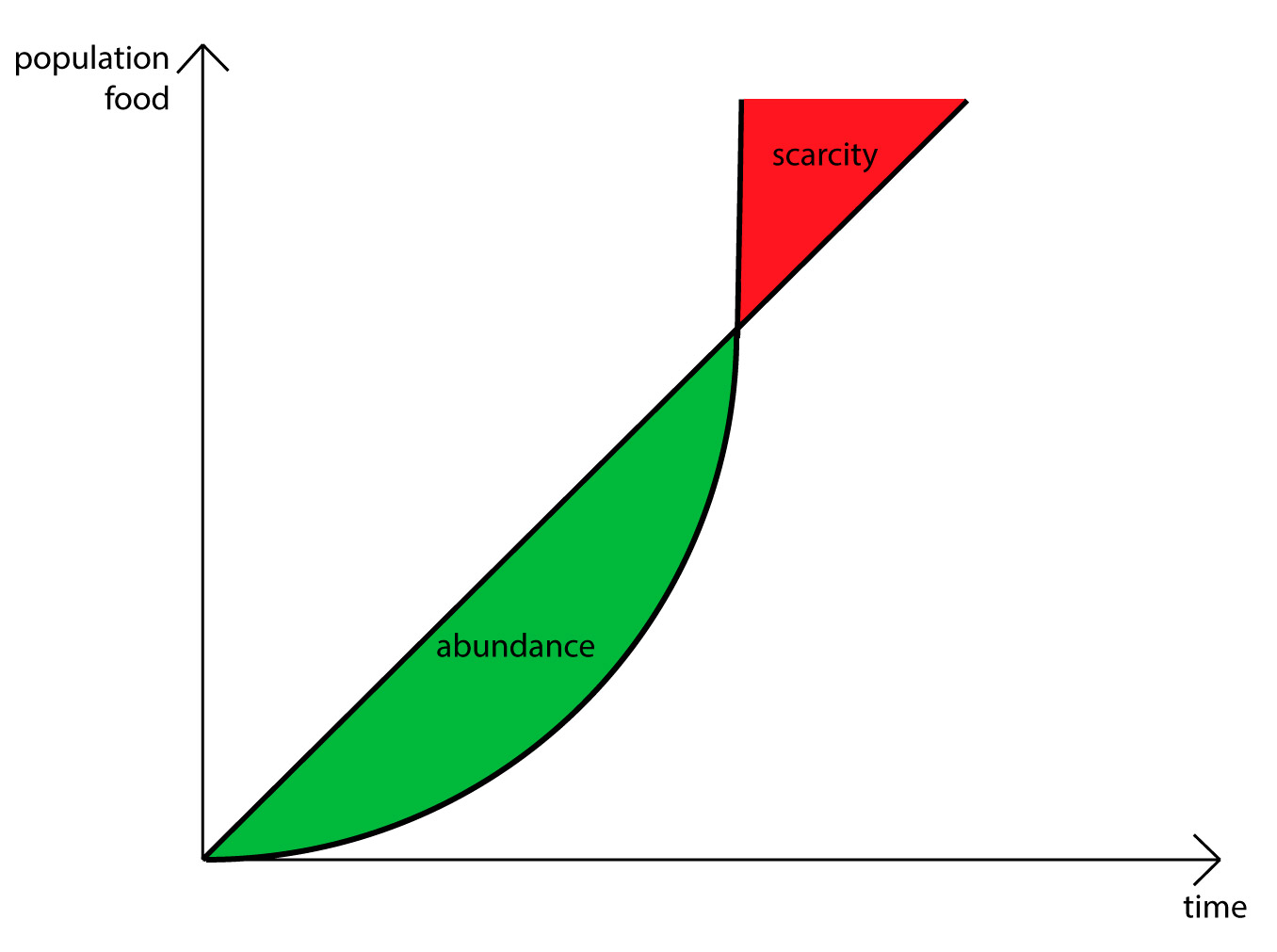Dec 10, 2017
Why we need to fix our homes to fix agriculture.
Food production is the biggest contributor to our environmental crisis. More water consumed, distance traveled and space occupied than any other industry in the world. Why haven’t we fixed it yet? Because most of us are completely disconnected from the dramatic impact food is having on the natural environment. More than half of the world’s people live in cities that occupy roughly 3% of the planet’s land surface area. This is an efficient use of space for living, but for every square meter of city, 10 square meters of farm are needed to sustain the people living in it.
If you have spent time trying to make sense of this, you’re one of the few - and my sincere appreciation goes to you. But the truth is that despite that traction that movements like vertical farming and rooftop agriculture, or ideals like organic certification receive, the vast majority of society has been slowly but steadily losing touch with agriculture since it was first introduced a little over 10,000 years ago.

In 1798 a wise man by the name of Robert Malthus came up with the Malthusian Theory of Population. 219 years later we’re very near what the man himself described as the point of catastrophe. I’ve spent the last 5 years studying this scary phenomenon and my early findings are that we’re nowhere near having any meaningful positive impact on the natural environment as we continue to push the boundaries of the global food supply. Studies show that it’s unlikely that we will be able to cater to a growing population without continuing to wipe out what remains of our planet’s ecosystems. This realization makes climate change sound a bit inflated, almost naive, for what good is carbon neutrality without a land tax? Without fresh water tax? The elephant in the room is much bigger than sea-level rise. It’s not going to be enough to improve agriculture a few percentage points a year; we need to speed up innovation in the biggest industry of all, and together reinvent it, because it has been doomed from the start.
I founded Just Grow to start somewhere; to raise awareness about the global threat that is conventional agriculture. Our first product is part form, part function, and is powered by aquaponics. It is named Malawi, to pay homage to one of the oldest and largest freshwater lakes in the Great Rift Valley of Africa. Lakes are balanced and synchronized ecosystems; they’re a source of inspiration and philosophy for our garden. While aquaponics won’t feed the world, it’s a living example of one of the many alternatives to growing food. It’s a statement piece designed to initiate a conversation about the future of food.
Malawi is the culmination of 3 years of R&D. Most of the iterations were done to its internal plumbing always with the intention of lowering maintenance and making it as easy as possible to adopt, especially to those who aren’t participating in the food movement yet. A goal I’ve had from the start was to require less time to take care of Malawi than a potted plant - which I’ve regretfully let more than a few die. We didn’t invent aquaponics, we implemented its best elements into a novel gardening experience that serves as a reminder of how much is possible when using technology to embrace natural, miraculous, cycles rather than against them.
In a world that’s becoming more urbanized, gardening shouldn’t die out. Instead, it should be a vehicle for transformation as we strive to label our cities ‘smart’ and ‘sustainable’. Gardening has a unique ability to weave nature into the fabric of our cities. This is important because we are destroying our planet in the name of food. We’ve allowed ourselves to be called foodies without having an intimate connection to where it comes from. Just Grow makes it easy to bring a sophistication connection with food into the comforts of where we work and live.
Pre-Order the Malawi Aquaponic System by Just Grow today!
Djimo Serodio was born and raised in Mozambique. He’s consulted AgTech in the US, Africa and the ME and is currently based in Tampa, Florida. *Disclaimer: getting Malawi will not change agriculture as we know it. It’s up for you to drop everything you’re doing and dedicate your life to making agriculture a net-zero activity.
